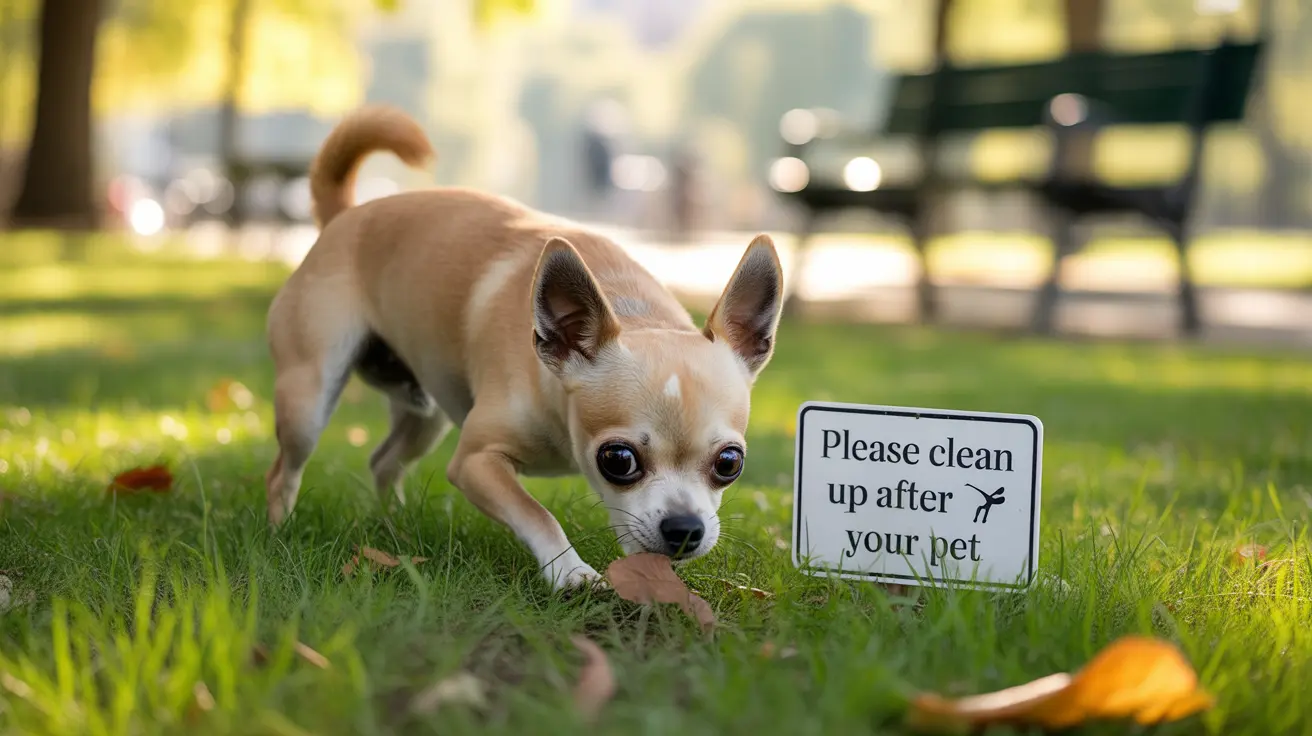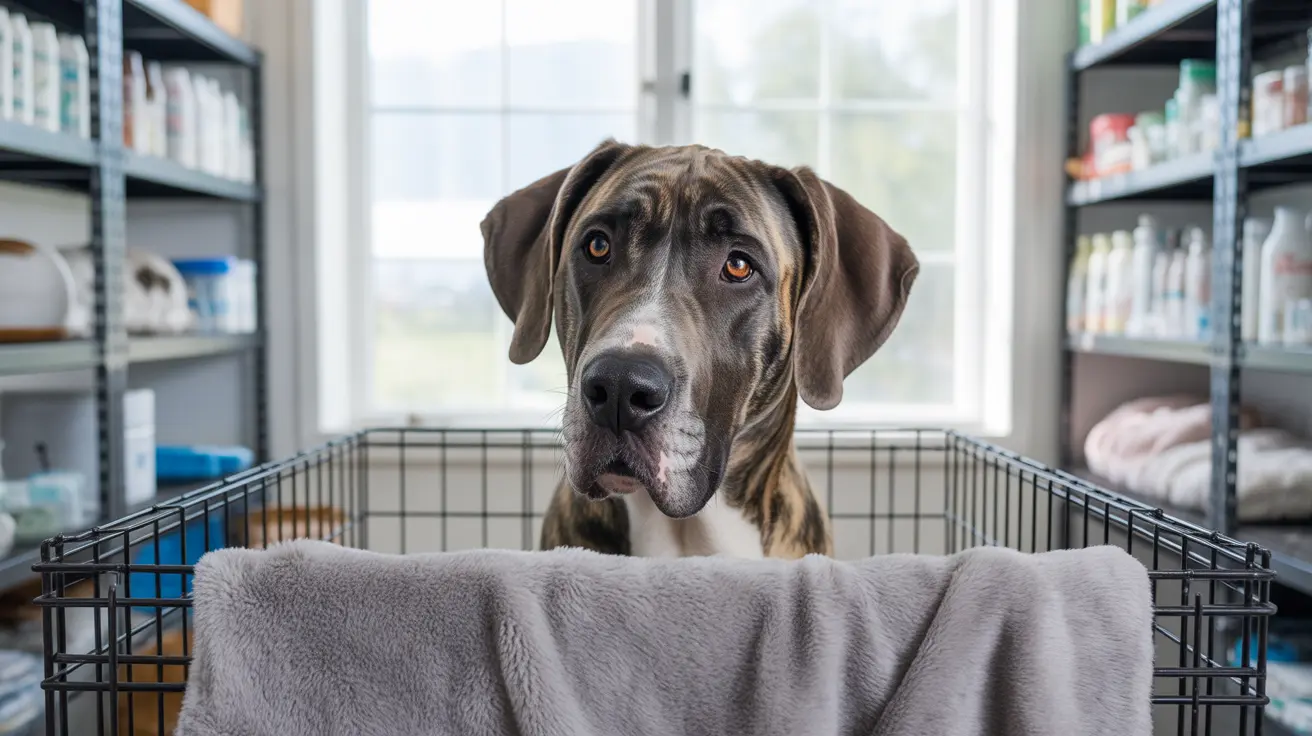If you've noticed your dog urinating more frequently than usual, you're likely concerned about their health. Increased urination in dogs, known medically as pollakiuria or polyuria, can signal various underlying conditions ranging from simple behavioral changes to serious medical issues. Understanding why your dog is peeing so much is crucial for their well-being and proper treatment.
In this comprehensive guide, we'll explore the various causes of frequent urination in dogs, when to be concerned, and what steps you should take to help your furry friend.
Common Medical Causes of Frequent Urination
Urinary Tract Infections (UTIs)
UTIs are one of the most common reasons dogs urinate frequently. These infections cause inflammation of the bladder, leading to urgent and frequent needs to urinate, often in small amounts. If your dog has a UTI, you might notice them straining to pee or see blood in their urine.
Diabetes and Endocrine Disorders
Both diabetes mellitus and Cushing's disease can cause increased thirst and urination. Dogs with diabetes can't properly process glucose, leading to excessive drinking and urination. Similarly, Cushing's disease affects cortisol levels, resulting in increased water consumption and more frequent bathroom breaks.
Structural and Age-Related Issues
Bladder Stones and Tumors
Bladder stones or tumors can irritate the bladder lining, causing frequent urination attempts. These conditions often come with additional symptoms like pain during urination or blood in the urine. Some breeds are more prone to developing bladder stones, making regular veterinary check-ups essential.
Age-Related Changes
Senior dogs may experience more frequent urination due to weakened bladder control or other age-related health issues. Puppies naturally urinate more often because of their smaller bladders and developing control.
Behavioral and Environmental Factors
Anxiety and Stress
Changes in routine, new environments, or anxiety can lead to increased urination. This is often behavioral rather than medical, but it's important to rule out health issues first.
Marking Behavior
Some dogs, especially unneutered males, may urinate more frequently as a marking behavior. This is different from medical causes as it typically involves small amounts of urine in specific locations.
When to Seek Veterinary Care
Emergency Warning Signs
Seek immediate veterinary attention if your dog:
- Cannot urinate at all
- Shows signs of pain while urinating
- Has blood in their urine
- Exhibits extreme lethargy or collapse
- Vomits while also urinating frequently
Treatment and Prevention
Diagnostic Approach
Your veterinarian will likely perform several tests, including:
- Urinalysis
- Blood work
- Physical examination
- Possibly imaging studies like X-rays or ultrasound
Management Strategies
Treatment depends on the underlying cause but may include:
- Antibiotics for infections
- Dietary changes
- Medication for chronic conditions
- Increased access to fresh water
- Regular bathroom breaks
Frequently Asked Questions
Why is my dog peeing so much and could it be a urinary tract infection?
Yes, frequent urination can be a sign of a UTI, especially if accompanied by straining, blood in urine, or accidents in the house. UTIs require veterinary treatment with antibiotics.
What medical conditions cause my dog to urinate frequently and how are they treated?
Common conditions include UTIs, diabetes, Cushing's disease, kidney problems, and bladder stones. Treatment varies by condition but may include antibiotics, dietary changes, or ongoing medication management.
When should I be worried about my dog's frequent urination and seek emergency veterinary care?
Seek immediate care if your dog can't urinate, shows signs of pain, has blood in urine, becomes lethargic, or exhibits significant behavioral changes alongside increased urination.
Can diet or water intake affect how often my dog needs to pee?
Yes, diet significantly affects urination frequency. High-moisture diets, excessive salt intake, and increased water consumption all lead to more frequent urination.
How can I tell if my dog's increased urination is due to behavioral issues or a health problem?
Behavioral causes typically involve normal-looking urine in small amounts and may be linked to specific triggers or situations. Medical issues often come with other symptoms like changes in urine color, volume, or accompanying signs of illness.
Remember, while increased urination can be concerning, prompt veterinary attention and proper diagnosis will help ensure your dog receives appropriate treatment and returns to their normal routine.






